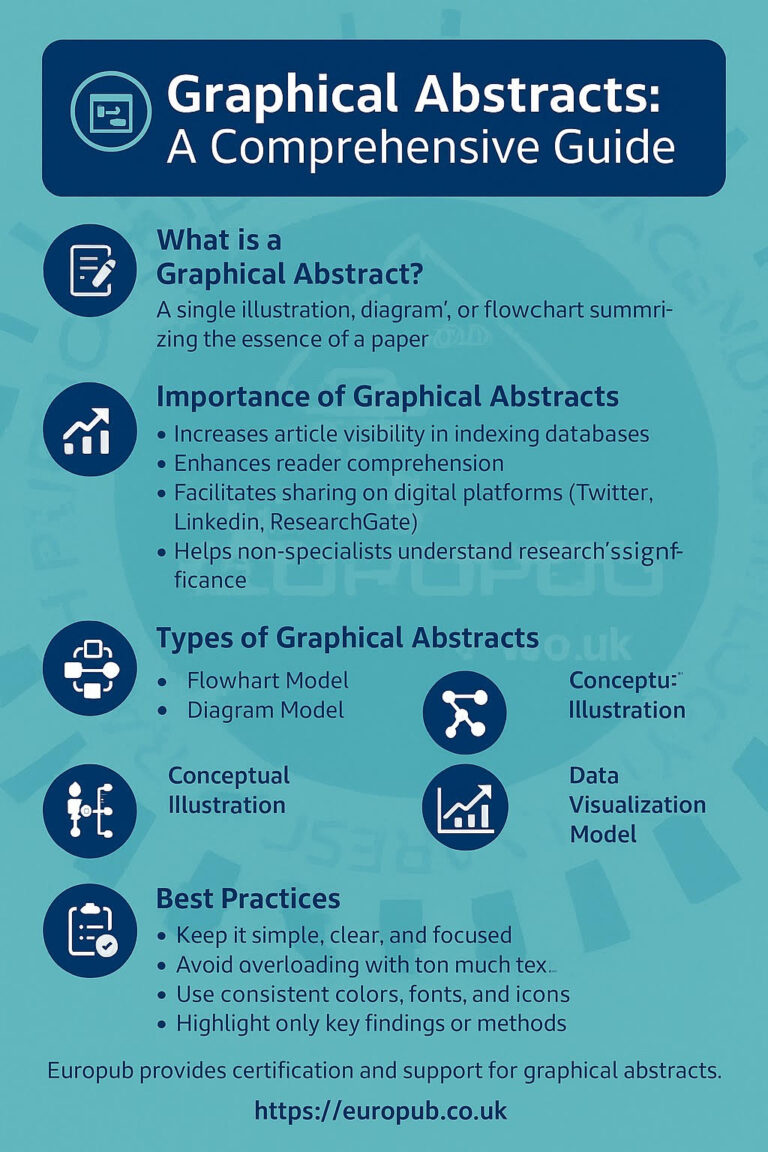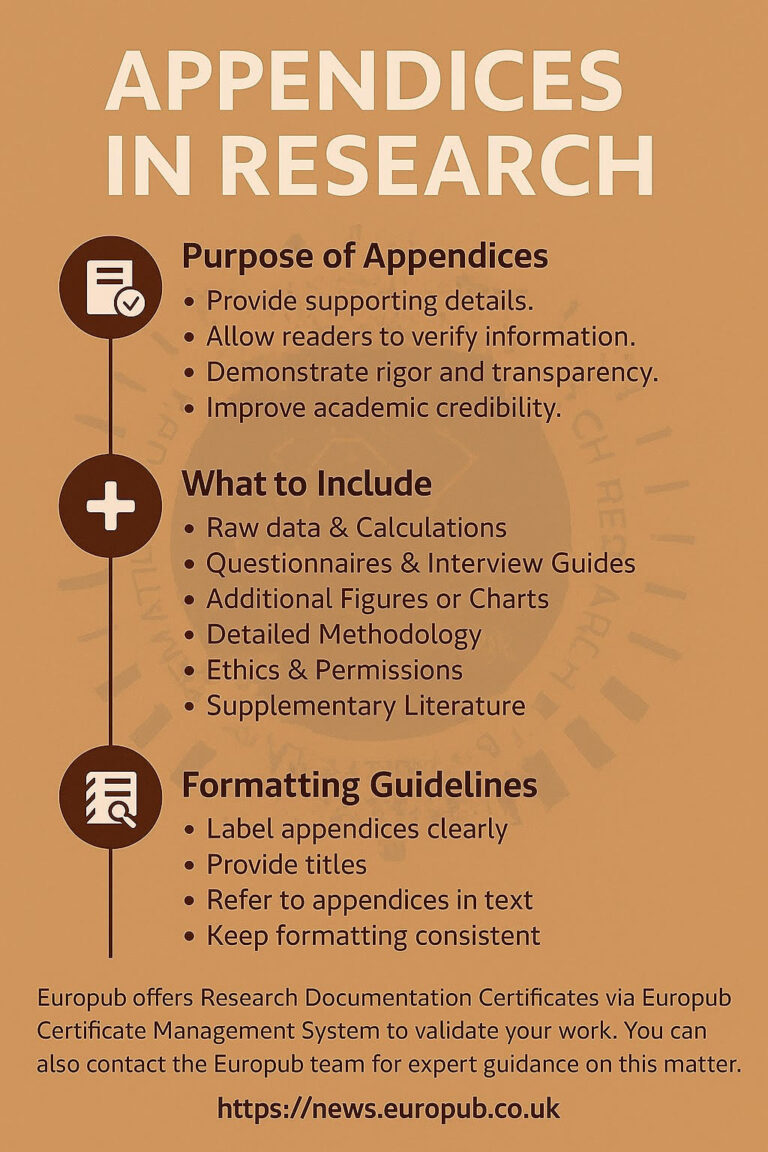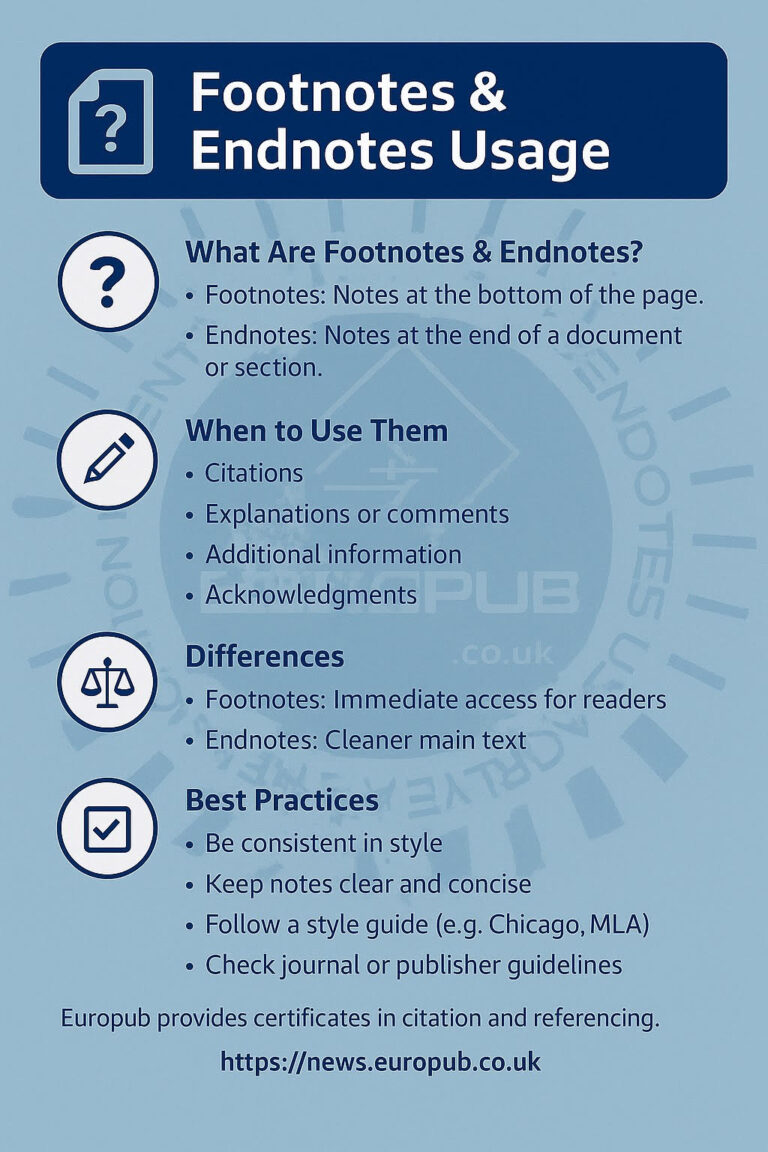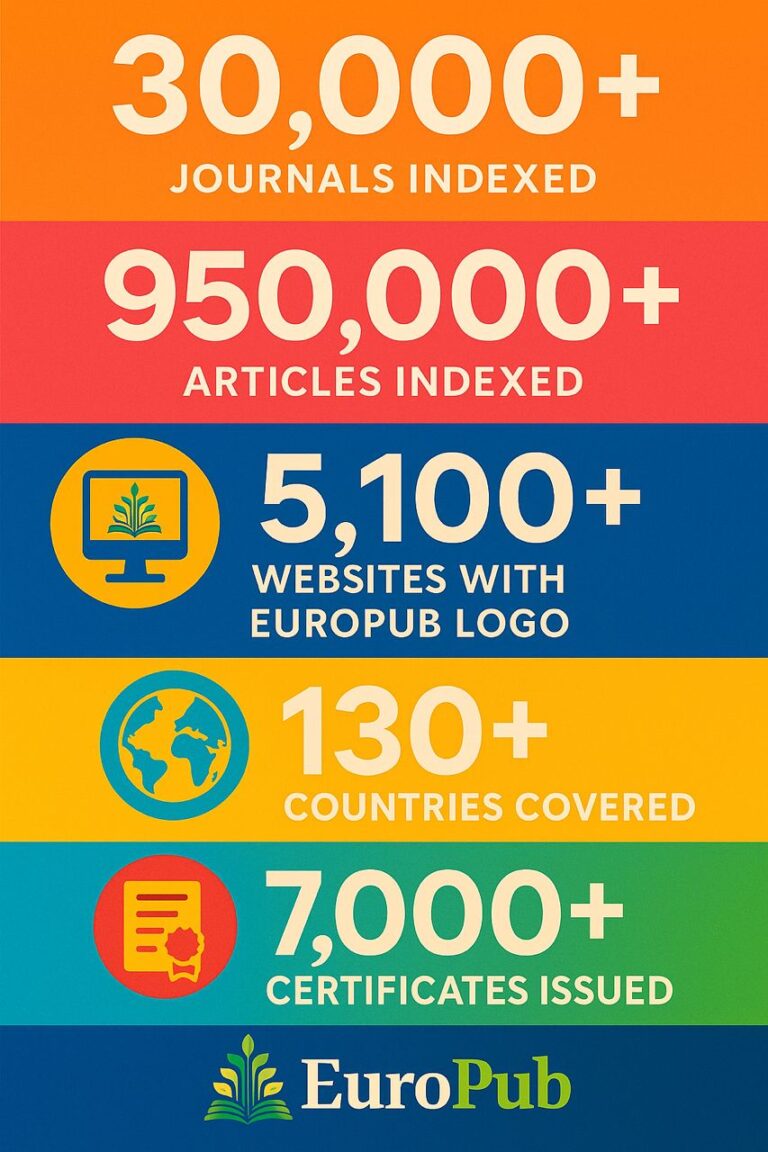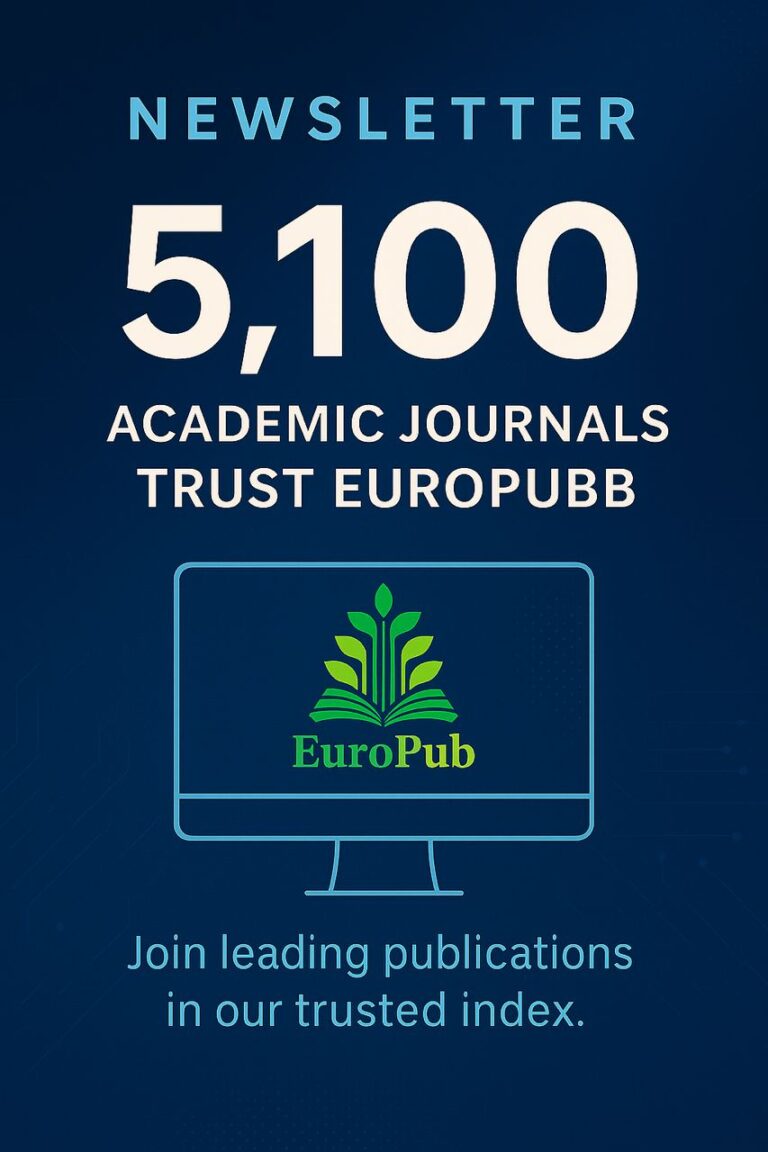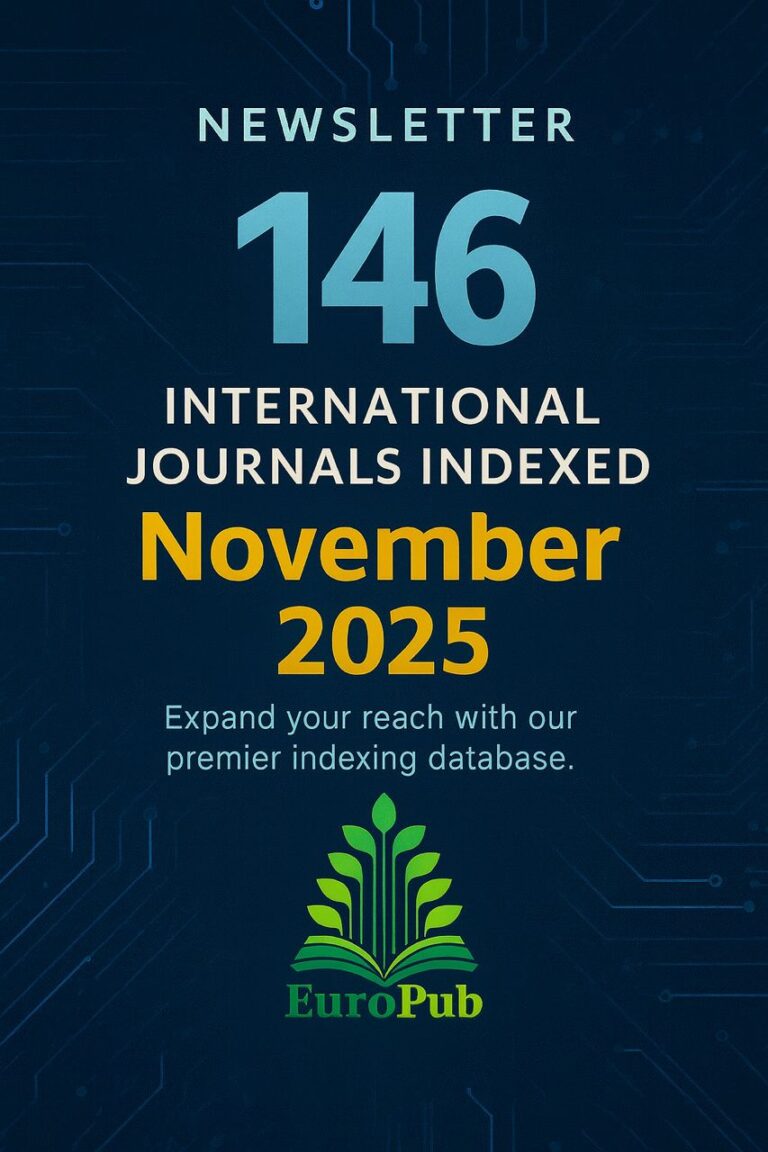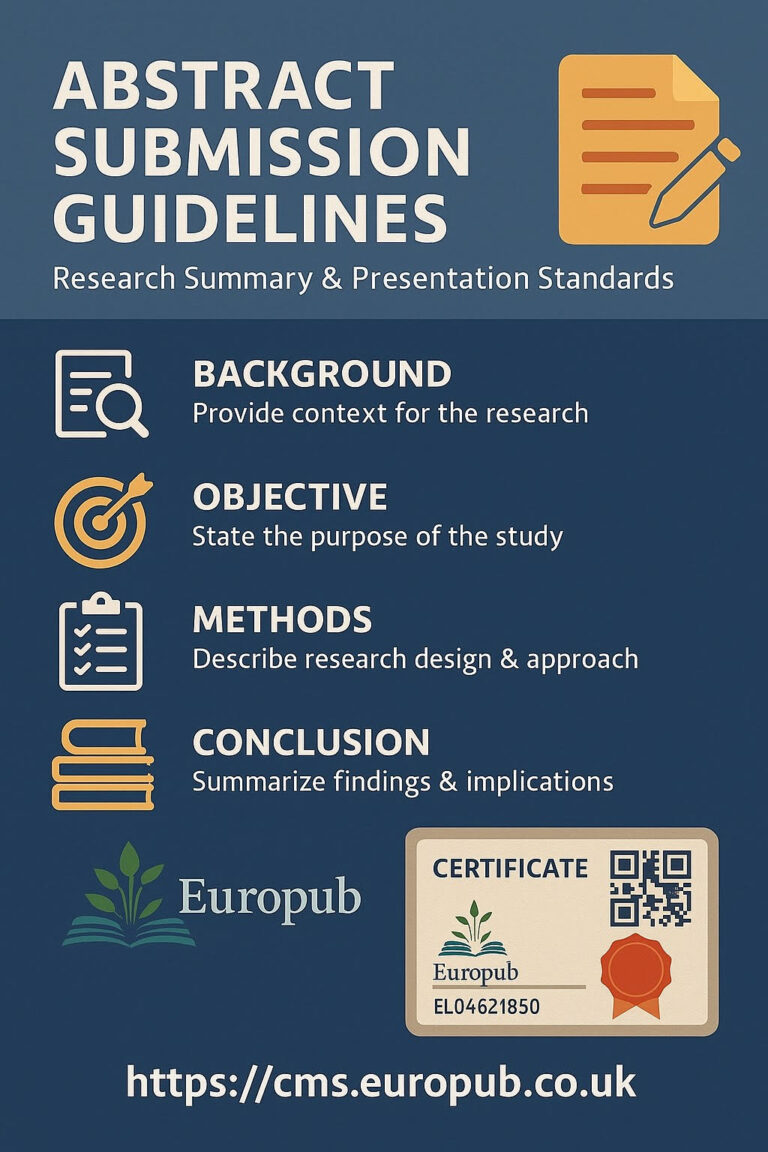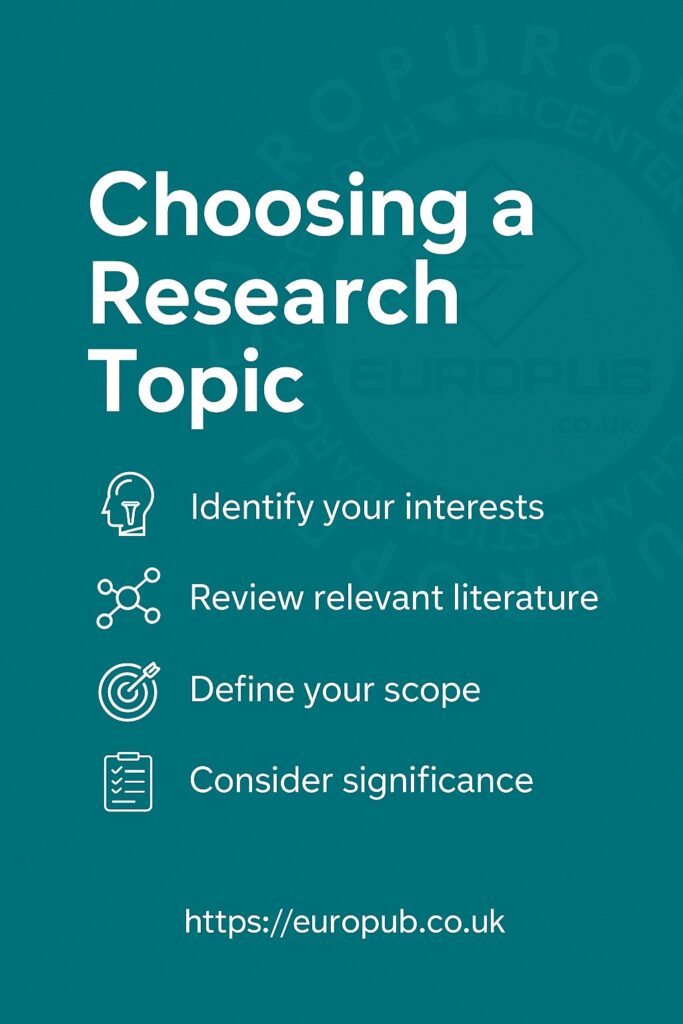
Introduction
Every great piece of research begins with a single step: choosing the right topic. While it may seem simple at first glance, the process of topic selection is one of the most complex and decisive stages in the research journey. The right choice can open doors to publication in top-tier journals, successful grant applications, international recognition, and even a long-term academic career.
On the other hand, a poor choice can lead to wasted resources, missed opportunities, and years of frustration. Therefore, understanding how to systematically choose a research topic is essential for every student, PhD candidate, or early-career researcher.
Why Is Choosing the Right Topic So Important?
- The Cornerstone of Research Everything in your research-your methodology, literature review, data collection, and final conclusions-depends on the topic.
- Determines PublishabilityJournals, particularly those indexed in ISI, Scopus, or PubMed, often reject papers that lack novelty or relevance. A strong topic increases the chance of acceptance.
- Affects Career TrajectoryBy choosing a unique niche, you establish yourself as an expert, which leads to citations, collaborations, and career growth.
- Saves Time and ResourcesA feasible, well-defined topic prevents you from getting stuck midway through your project.
Step-by-Step Guide to Choosing a Research Topic
Step 1: Reflect on Your Interests
Start with yourself. Research is a long-term commitment. Ask:
- What problems fascinate me?
- Which academic debates excite me?
- How does this align with my career goals?
Step 2: Conduct a Gap Analysis
A research gap means something that has not been fully answered yet. To find gaps:
- Search in Scopus, Web of Science, PubMed, JSTOR, Google Scholar.
- Look for systematic reviews and meta-analyses-they usually highlight future research needs.
- Follow recent conference proceedings for emerging topics.
Step 3: Evaluate Feasibility
Ask yourself:
- Do I have access to data and participants?
- Is the topic doable within my timeframe and budget?
- Do I have or can I learn the required skills and tools?
Step 4: Narrow the Scope
Broad topics are unmanageable. Instead of “climate change”, focus on:
- “Impact of urban heat islands on air quality in London”
- “Social perceptions of renewable energy adoption in Turkey”
Step 5: Assess the Contribution
Your research should either:
- Fill a knowledge gap,
- Offer a new perspective,
- Or provide practical implications (e.g., policies, medical practices, technology).
Common Mistakes to Avoid
- Choosing a trendy buzzword topic without depth.
- Being too ambitious (global studies without funding).
- Neglecting available literature (you must build on existing work).
- Copying existing work without adding innovation.
Tools & Resources
- Google Trends → Check public interest.
- Elsevier Journal Finder → Match your topic to suitable journals.
- Research Rabbit → Visualize citation networks.
- Zotero, Mendeley, EndNote → Manage references.
Real-Life Case Study
A master’s student initially wanted to research “Sustainable Agriculture”. This topic was too broad. After discussing with her supervisor and analyzing gaps, she narrowed it down to:
“Impact of Biofertilizers on Maize Productivity in Saline Soils in Iran.”
The result:
- Published in a Web of Science (ISI) indexed journal.
- Invited to present at an international agriculture conference.
- Received citations within the first year.
Future Trends in Topic Selection
- AI-driven Research: Artificial Intelligence is reshaping every field.
- Global Challenges: SDGs (climate action, health, education).
- Interdisciplinary Topics: Combining fields (e.g., blockchain in healthcare).
- Open Science: Topics related to transparency, data sharing, and reproducibility.
Practical Checklist Before Finalizing a Topic
 Is the topic aligned with your academic goals?
Is the topic aligned with your academic goals?
 Does it fill a research gap?
Does it fill a research gap?
 Is it feasible with your resources?
Is it feasible with your resources?
 Does it have academic or practical value?
Does it have academic or practical value?
 Can you publish it in a high-quality journal?
Can you publish it in a high-quality journal?
Europub Certification & Support
Once you have selected your topic, you can apply for an official:
 Research Topic Selection Certificate via the Europub Certificate Management System.
Research Topic Selection Certificate via the Europub Certificate Management System.
This certificate:
- Validates the originality of your chosen research area.
- Strengthens your academic CV and funding applications.
- Enhances trust when submitting proposals to universities and conferences.
 Apply here: https://cms.europub.co.uk
Apply here: https://cms.europub.co.uk
 Main site: https://europub.co.uk
Main site: https://europub.co.uk
 News & updates: https://news.europub.co.uk
News & updates: https://news.europub.co.uk
Additional Support from Europub
Not sure if your topic is strong enough?
 You can also contact the Europub team for expert guidance and personalized advice on topic selection. Our experts provide feedback, recommendations, and mentoring tailored to your field.
You can also contact the Europub team for expert guidance and personalized advice on topic selection. Our experts provide feedback, recommendations, and mentoring tailored to your field.
Conclusion
Choosing a research topic is not a simple task—it is the foundation of your academic journey. With careful reflection, analysis, and guidance, you can select a topic that leads to success in publications, conferences, and your future career. Europub not only provides certification for your academic milestones but also offers expert support to ensure your journey begins with confidence.
